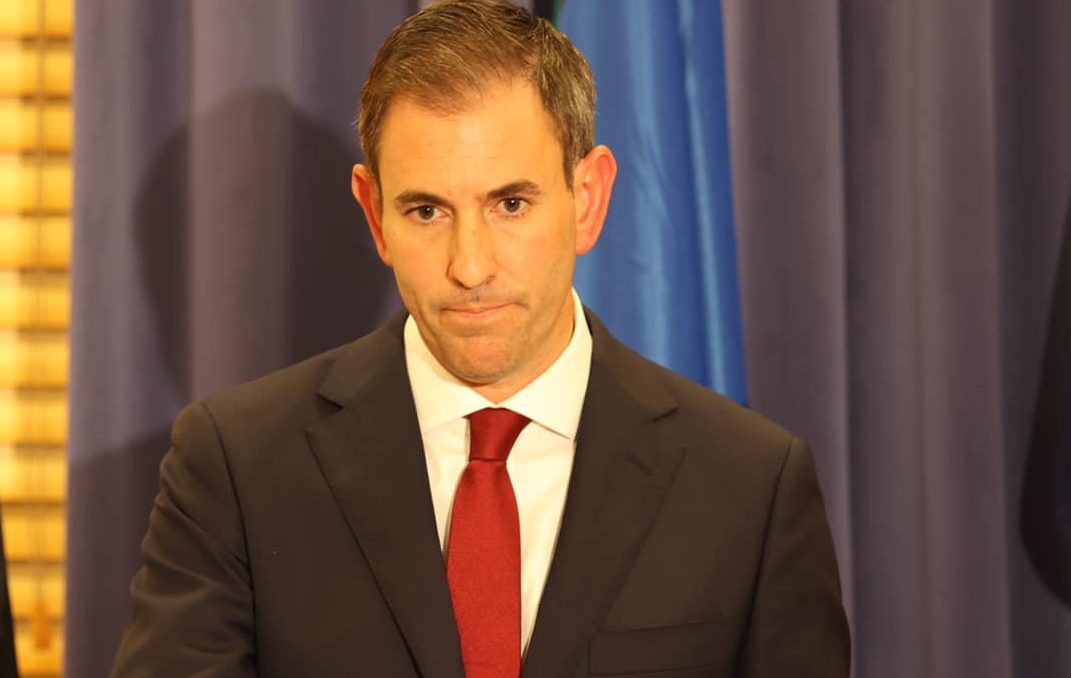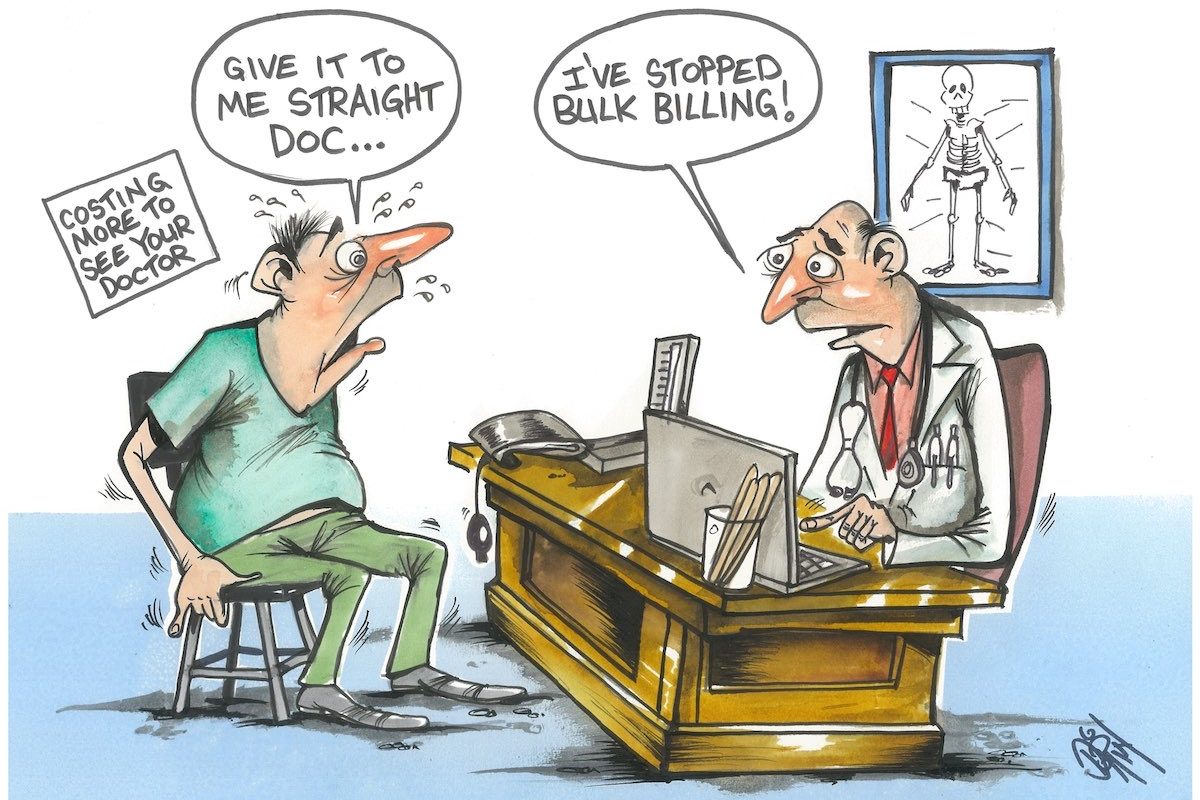
THE first week of the new parliament will contain some depressing news, with Treasurer Jim Chalmers on Monday softening up the community to expect a “confronting” statement on the economy.

Chalmers said he would deliver his statement on Thursday July 28. It will contain updated forecasts, and bad news on real wages.
While argy bargy over the government’s climate legislation will provide much of the colour and movement of the first parliamentary fortnight, commencing July 26, the Chalmers statement will go to the nitty gritty of how difficult the economic outlook – and therefore many people’s financial juggling – will be over the months ahead.
A day before the statement, the inflation figures for the June quarter will be released, revealing a further spike. The most recent inflation number, for the March quarter, was 5.1 per cent.
The Reserve Bank Governor Philip Lowe and The Conversation’s poll of economic forecasters predict 7 per cent by year’s end.
On Monday New Zealanders learnt that their inflation rate had climbed to 7.3 per cent
The Reserve Bank is also expected to raise interest rates again the week after Chalmers’ statement.
Chalmers told a Monday news conference: “When it comes to our expectations of inflation, when it comes to the impact of interest rate rises on growth, when it comes to what this spike in inflation means for real wages, there will be aspects of this ministerial statement that people will find confronting”.
Pressed on real wages, he said: “It will be confronting in terms of real wages because there is no credible economic forecaster in Australia right now who thinks that wages growth is going to keep up with inflation.
“And we will be revising up our expectations for inflation. And so that will make the real wages situation worse before it gets better.”
He said rising interest rates would have an impact on growth “and I’ll talk about that in the update”.
“I will be providing a suite of economic forecasts and an indication of what that means for the budget position as well. My inclination is to be as broad as I can and as full as I can when it comes to the update.” But he said it would not announce new policy.
As the government searches for savings to make in the October budget, Chalmers stressed the increasing burden rising interest rates would have on servicing government debt.
“Every additional dollar in the budget is a borrowed dollar and that now costs us more to pay back because of rising interest rates.
“And if you think about the consequences of those rising interest rates on the Budget – more than a billion dollars this year, more than $5 billion in the last year of the forwards, $13 billion accumulated over the forwards, $18 billion in 2032-33. So these are not small amounts of money.”
The government added to the budget burden at the weekend when it decided to reinstate the covid pandemic leave payment for workers forced to isolate without sick leave. This measure, running to the end of September, will cost an estimated total of about $780 million, although the states have agreed to pay half.
Chalmers said that in speeches this week he would be talking about supply side issues. “We need to recognise that the reason we’ve got high and rising inflation is not just a story about too much demand in the economy – it’s also a story about choked-off supply.
“And that’s why almost every element of our economic plan is about making our supply chains more resilient.
“Making sure that we can get the workers that we need, making sure we can get the goods to market, making sure that we can lift the speed limit on the economy.”
Chalmers said the world economy was “a difficult, if not dangerous place right now. That combination of inflation and rising interest rates and slowing growth and food and energy insecurity, combined with the amount of debt that countries have racked up is a cause for concern in the global community”.
Also on the economic front, Chalmers is set to announce imminently the panel and terms of reference for a far-reaching inquiry into the Reserve Bank.
The Treasurer said he would consult the shadow treasurer Angus Taylor on the inquiry’s terms of reference, but said he expected him to have no problem with them. They would be broad enough to encompass any concerns anyone could reasonably have about conduct of the bank and the arrangements governing the bank.
Of interest in Thursday week’s economic statement will be the Treasury’s forecasts on the unemployment rate, which, at 3.5 per cent, has already fallen below the forecast in the Coalition’s March budget of 3.75%, and the forecast for inflation, which in the March budget was forecast to hit only 4.25 per cent in the year to June 2022.
The latest monthly update from the Finance Department, for May, shows the budget deficit far smaller than forecast in March, showing a deficit for the 2021-22 financial year to May 2022 of $33.4 billion against the budget profile deficit of $60.5 billion.![]()
Michelle Grattan, Professorial Fellow, University of Canberra. This article is republished from The Conversation.
Who can be trusted?
In a world of spin and confusion, there’s never been a more important time to support independent journalism in Canberra.
If you trust our work online and want to enforce the power of independent voices, I invite you to make a small contribution.
Every dollar of support is invested back into our journalism to help keep citynews.com.au strong and free.
Thank you,
Ian Meikle, editor




Leave a Reply